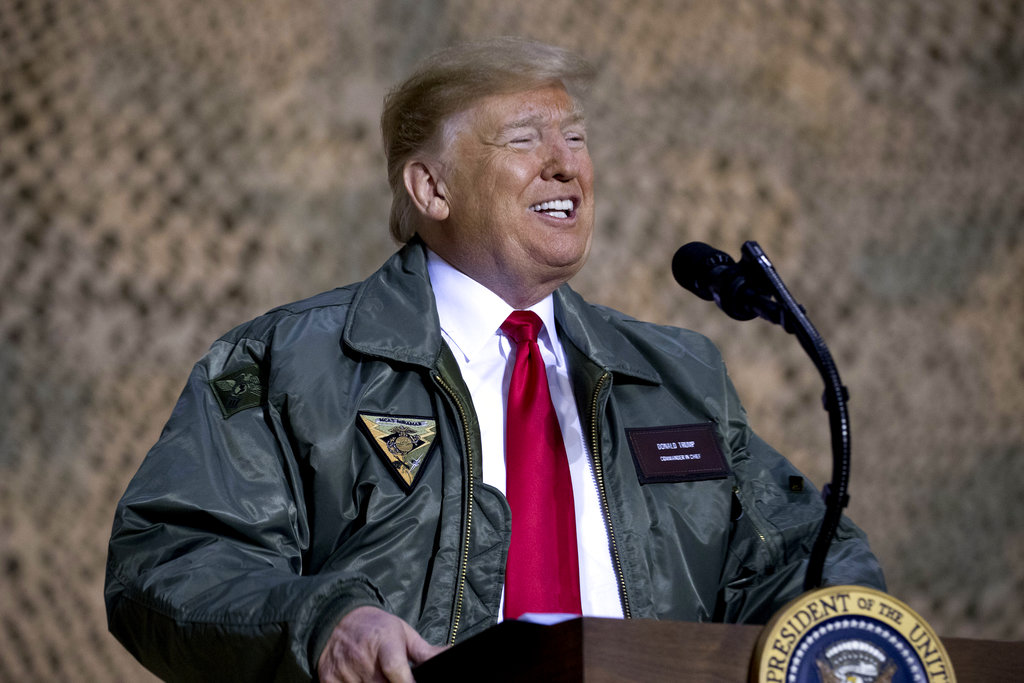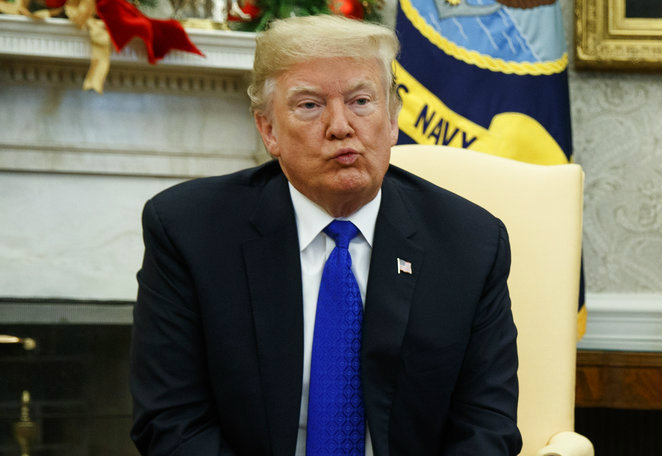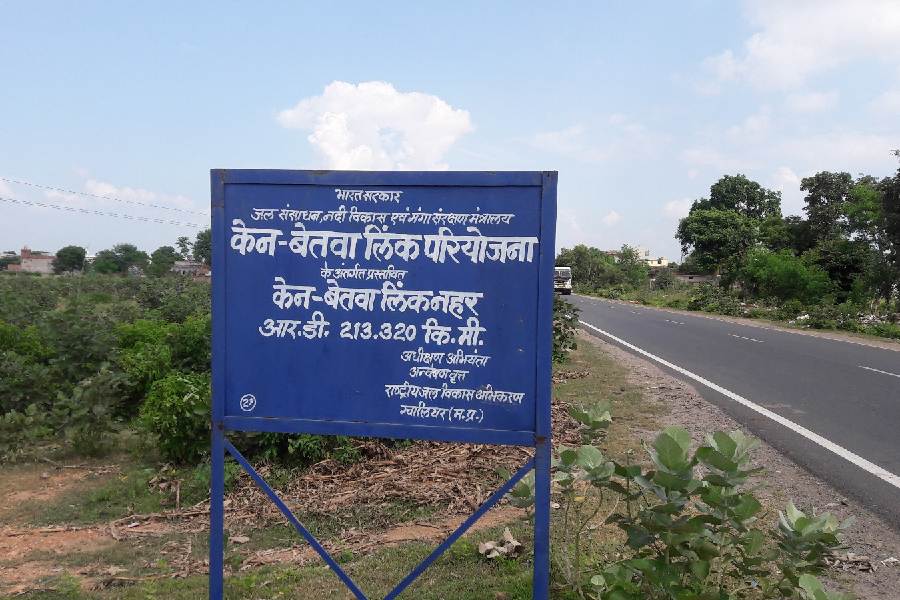Populist leaders — their admirers have christened them ‘strongmen’ — seem to be irresistibly drawn towards the past. So much so that they end up moulding present-day policy in the light of the days gone by. Consider Donald Trump’s fascination for the principle of international isolationism. In the early twentieth century, influential statesmen pushed the United States of America towards a period of relative seclusion, discouraging the nation from participating in the tide of global events. It had taken the Second World War — more specifically, the debacle at Pearl Harbour — to draw the US into the conflict. It joined the international order subsequently. Mr Trump’s decision to recall American troops from Syria, one of the bloodiest corners of the world, seems to be premised on his admiration for isolationism at a time when multilateral engagement serves as the lynchpin of global diplomacy. Of course, Mr Trump’s admiration is not based on ideological considerations only. His foreign policy, as is the case with India’s prime minister, is influenced by domestic considerations. While campaigning for the presidential election, Mr Trump had pledged to bring American soldiers home by reducing the US’s involvement in the Middle East. He seems to have honoured his promise, much to the consternation of some of his colleagues: James N. Mattis, the former defence secretary, resigned protesting Mr Trump’s decision. The president’s whim has, once again, stoked unprecedented divisions within the administration.
The concerns expressed by Mr Trump’s advisers are not unwarranted. The US’s military presence in Syria, in the opinion of experienced policymakers like Mr Mattis, functioned as an effective bulwark against Moscow’s designs in the region. The ceding of space to a regional rival would not be taken too kindly by traditional members of the US defence apparatus. American diplomats have reasons to worry as well. They believe that the president’s sudden move could jeopardize the US’s ties with its local allies. For instance, the Kurds have now been left to fend for themselves. The Islamic State, whom the Kurds had been fighting successfully in Syria, could not have hoped for a better Christmas gift. New Delhi should also pay close attention to these developments, now that Mr Trump, in his inimitable wisdom, has also decided to cut down troops in restive Afghanistan.













